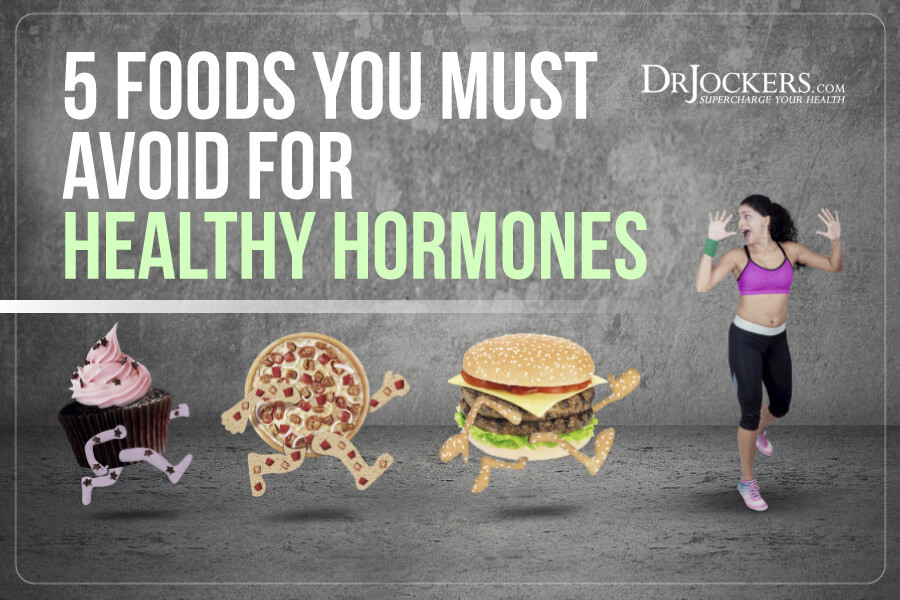 5 Foods to Avoid for Healthy Hormones
5 Foods to Avoid for Healthy Hormones
Your diet plays a major role in helping you maintain a healthy body. The foods you eat can literally regulate processes of the body, including the secretion and balance of hormones (1). Having balanced hormones is absolutely critical for overall health and vitality in your daily life. In order to begin making the right choices in this regard, you need to know which foods to stop eating immediately in order to help your body regain control over hormonal processes.
Foods that are beneficial to the body should improve your mood, energy, metabolic rate, bone health, reproductive health, and digestion. If you are experiencing allergies, gut issues, and hormonal imbalance then you need to reconsider the foods you are eating.
Major Factors Contributing to Hormone Imbalances
First, it helps to understand what leads to hormonal imbalances. Instead of just knowing specific foods, I want to help you understand the reasons these foods can be harmful. This way, you can use your own judgement to guide your food choices.
To me, this is the best way to help people be successful in the long run. By understanding core principals of hormone balance, you will be empowered to take charge of your hormonal health.
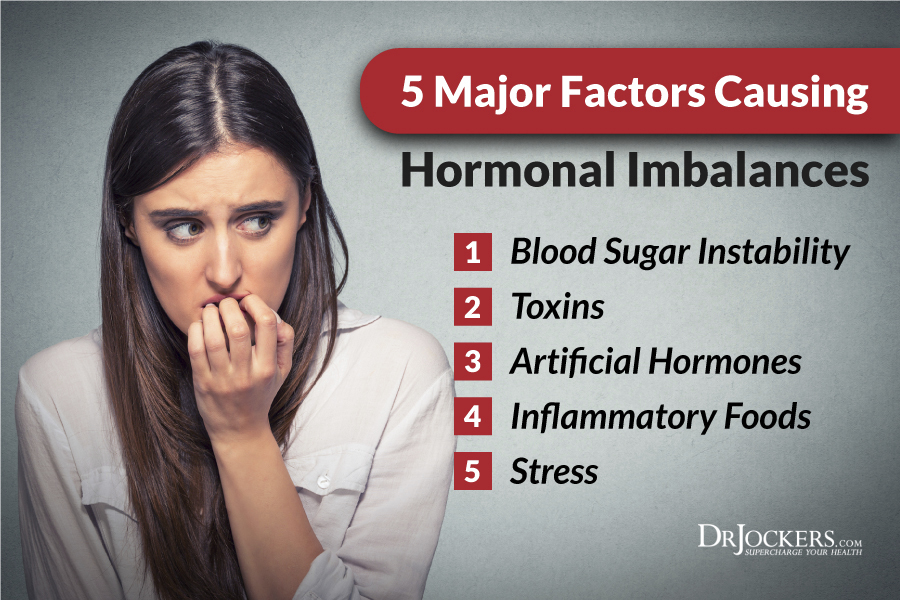
Blood Sugar Instability
One of the biggest factors for healthy hormones is blood sugar. If you are suffering from massive blood sugar imbalances that have you riding the blood sugar rollercoaster of stimulation, crash, and rampant cravings, then your hormones are not going to be optimal.
In fact, this is probably the single most important factor for improving your hormones. This is why a ketogenic or low-carb style of eating can be so beneficial. Many women try simply cutting down on calories and fats without understanding how important fats are for hormonal health.
A nutrition plan that is reliant on carbs as a primary source of calories can disturb hormones, cause a worsening of menopausal symptoms, and promote additional weight gain (2, 3).
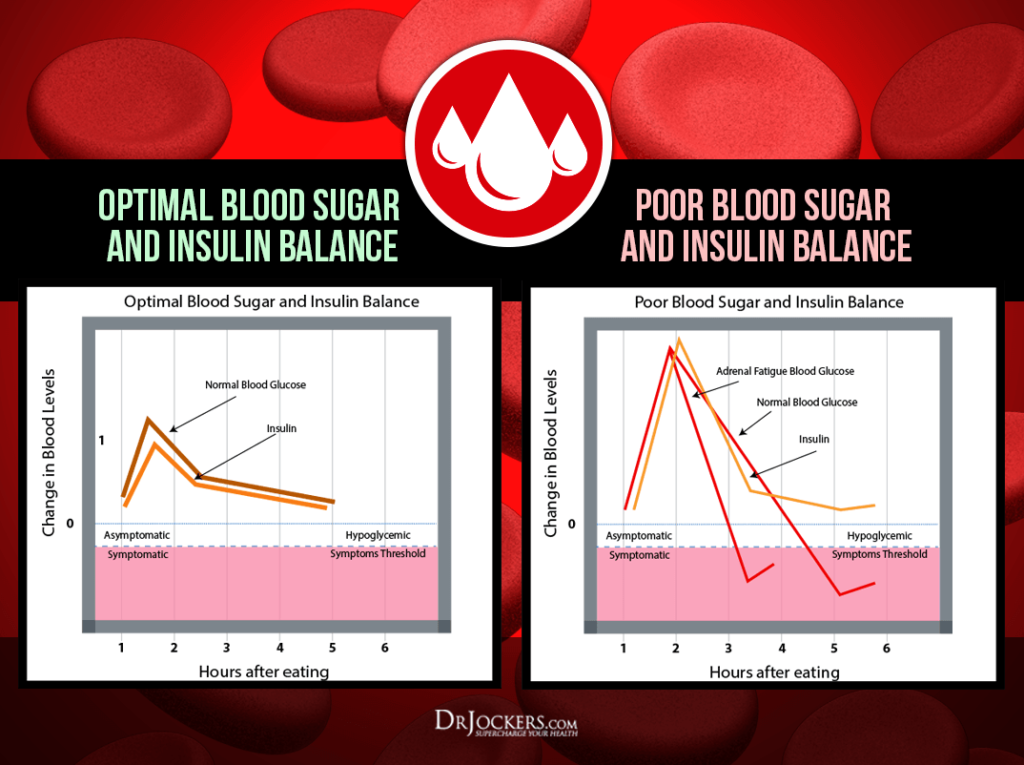
Toxins
Toxins are ubiquitous in our society today, they are virtually unavoidable. While the body has the ability to cope with this to an extent, consuming too many of the wrong foods can overload your detoxification systems. Additionally, specific types of toxins are especially harmful for hormones.
Toxins that influence hormones are called endocrine disruptors and these include things like pthalates, BPA, PCBs, pesticides, herbicides, and heavy metals. These toxins can be found in packaged and processed foods, non-organic produce and dairy, beauty care products, home cleaning solutions, and in our indoor air.
One of the most obvious impacts of these toxins is that can have the ability to mimic estrogen in the body, creating a condition called estrogen dominance. This is the most common hormonal imbalance today between men and women alike. These negative effects are most evident in women who experience premature menopause and worsening of menopausal symptoms (4, 5).
Taking steps to reduce our exposure to these things while actively supporting the body’s detoxification systems is an extremely powerful step for balancing hormones.
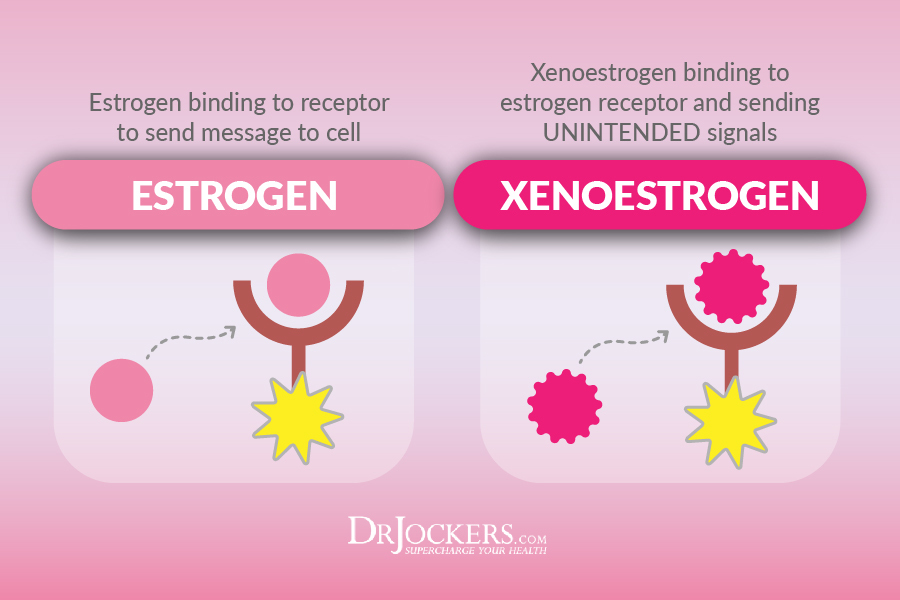
Artificial Hormones
Artificial hormones from tap water, conventionally raised factory farm animals, and hormonal therapies (birth control, hormone replacement) are extremely unnatural to be exposed to on a regular basis.
Being chronically exposed to artificial hormones has a similar effect to the toxins discussed above, commonly leading to things like estrogen dominance and worsening of menopause symptoms.
Additionally, using hormone replacement therapies eventually downregulates receptor sites for those hormones while disrupting the body’s own production of hormones. This can have lasting effects even after stopping these therapies, potentially even causing complete atrophy of hormonal glands that have become dormant.
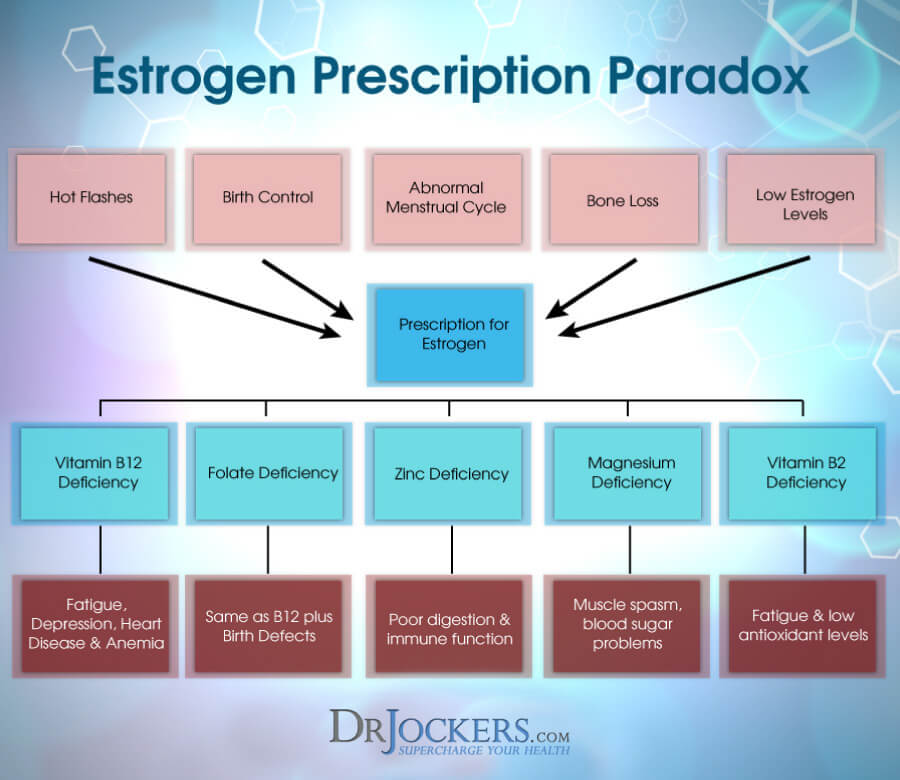
Inflammatory Foods
One of the worst things for hormonal health is chronic inflammation. This is part of the reason why a high-sugar diet is such a problem. Foods like wheat (and most grains), pasteurized dairy, vegetable oils, and sugar can cause inflammation in the gut. Soy is an especially problematic food when in its unfermented form even though often considered a healthy food for women (more on this in a moment).
Over time, inflammation becomes damage which leads to leaky gut, a major and common source of chronic inflammation throughout the body. While there are common inflammatory foods for everyone, each person will tend to have their own personal sensitivities which can be determined via elimination diet or lab testing.
Removing inflammatory foods from the diet while focusing on supporting a healthy gut and digestion can play a significant role in having healthy hormones. Intermittent fasting can also be a powerful tool for this reason.
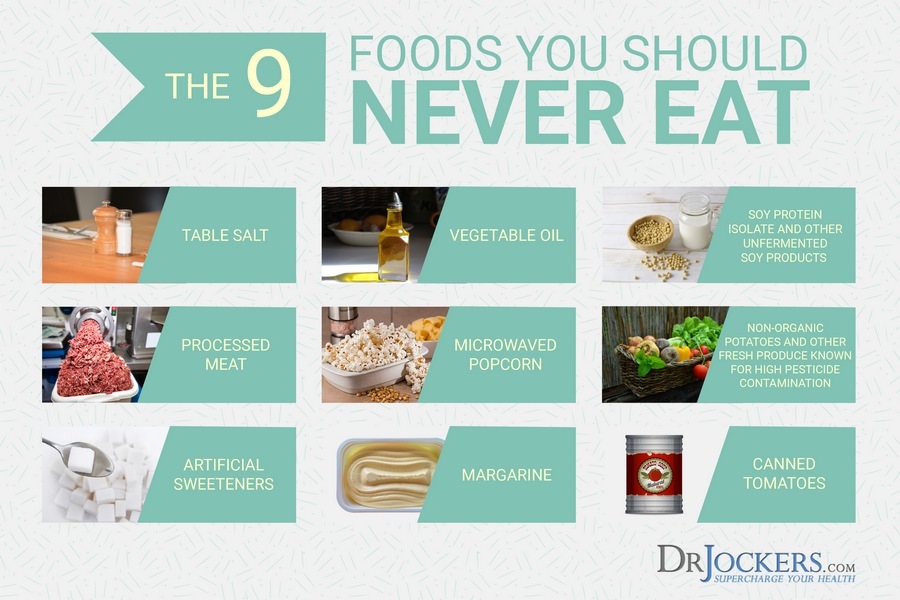
Stress
Chronic stress wreaks havoc on hormones. One of the primary reasons for this may be due to having elevated cortisol levels. Cortisol is a necessary hormone that signals the brain when to react to an immediate stressor in our environment.
While this is a necessary response, cortisol shares a biochemical pathway with sex hormones in the body. When cortisol is chronically elevated, this detracts from the production of sex hormones and can even exacerbate menopausal symptoms such as headaches, weight gain, loss of libido, and insomnia (6). Chronically elevated stress levels can also have negative effects on blood sugar and thyroid hormones (7).
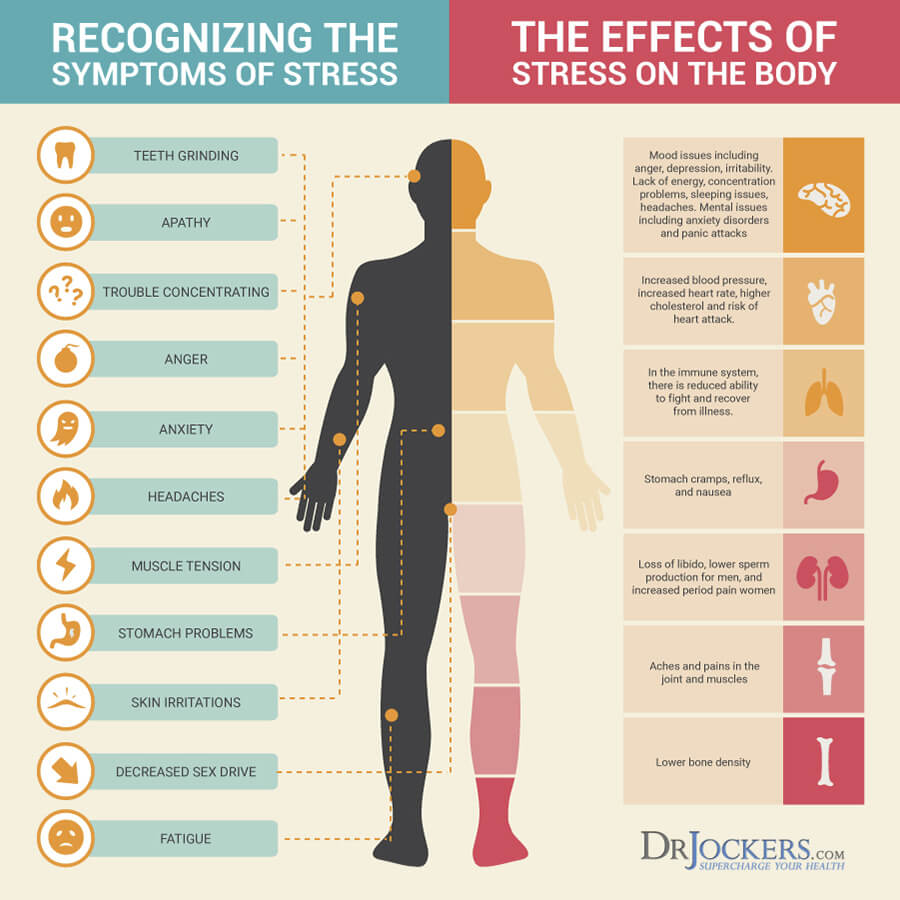
Symptoms of Hormone Imbalances
For women experiencing menopause, symptoms of hormonal imbalances are severe expression of the menopause symptoms that are considered “normal”. This includes: hot flashes, night sweats, irregular periods, loss of libido, and vaginal dryness. For both sexes, hormone imbalances can cause emotional instability, loss of libido, weight gain, low energy, and more apparent signs of aging such as wrinkles.
The best way to know the state of your hormones is to test them using the DUTCH Complete Hormone Panel. This simple non-invasive tests can be done at home through dried urine samples and it provides a valuable snap shot into your hormonal health. You can use this information to motivate you towards adopting healthier lifestyle habits to propel you towards your health goals.
Top 5 Foods to Avoid for Optimal Hormones
Now that you know some of the top factors affecting hormones, let’s talk about foods. While it is much more advantageous to focus on the foods you CAN eat, sometimes it helps to start with which ones are the most important to eliminate from your diet as soon as possible.
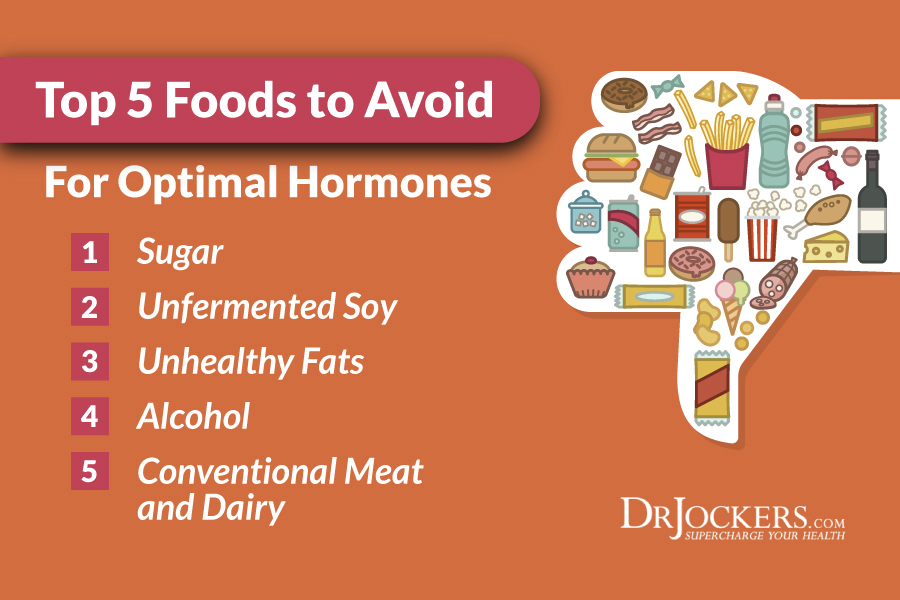
Sugar
As we discussed, blood sugar instability is one of the worst factors for hormonal health. It is safe to say that no amount of processed sugar is healthy in the diet, the average American consumes about 130 grams every day. Most people consume the majority of their calories from carbohydrate sources which locks their body in a sugar burning state.
Instead of a high-sugar, high-carbohydrate diet, use natural sweeteners and follow more of a ketogenic lifestyle. A ketogenic lifestyle will teach your body to burn fats instead of sugar and get you off of the blood sugar rollercoaster, balancing your hormones in the process. With this you will likely experience more energy, easier weight loss, and an improve emotional stability. You can read how to get started in this article: Keto Metabolic Makeover.
Additionally, opt for natural sweeteners that do not cause massive blood sugar fluctuations such as stevia, monk fruit, and raw local honey or coconut palm sugar in moderation.
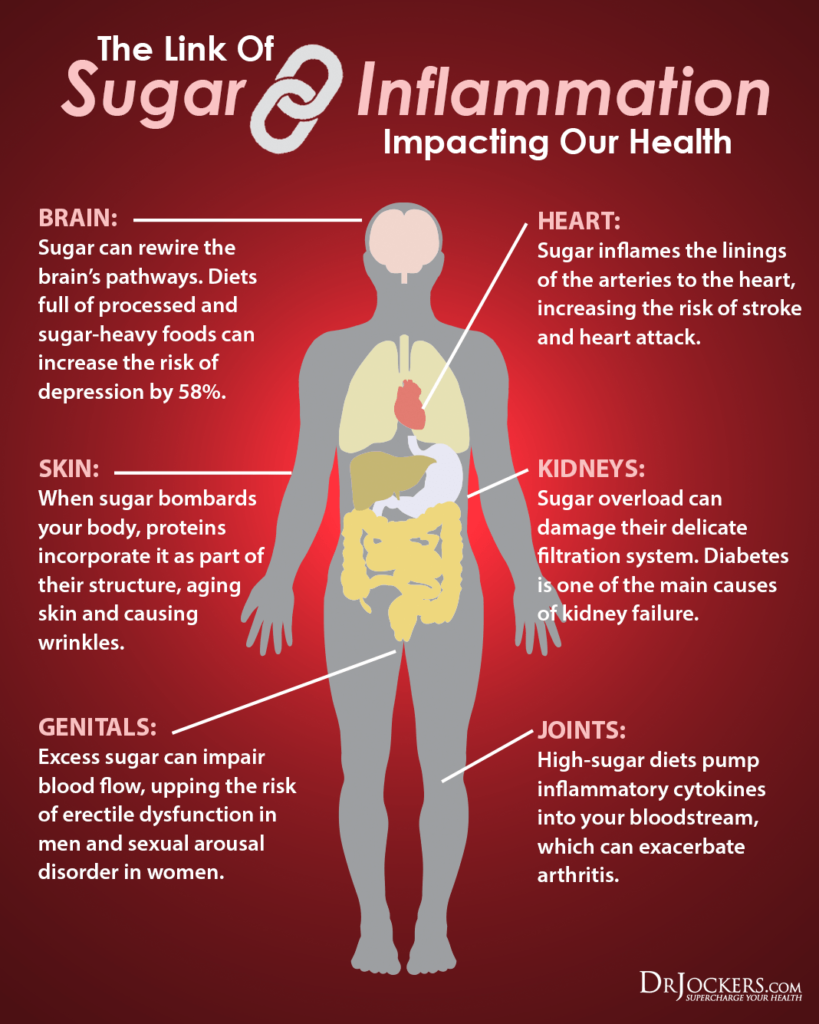
Unfermented Soy
Many women are misled into believing that soy is healthy for them because it contains natural estrogens. While soy does contain plant-based estrogens, this does not mean it is healthy for women.
In fact, the consumption of unfermented soy products has often led to worsening of menopausal symptoms (8). For most women, they are likely dealing with excess estrogen already, more estrogenic foods are no the answer. Fermented soy such as tempeh, miso, and natto can be great foods in moderate amounts.
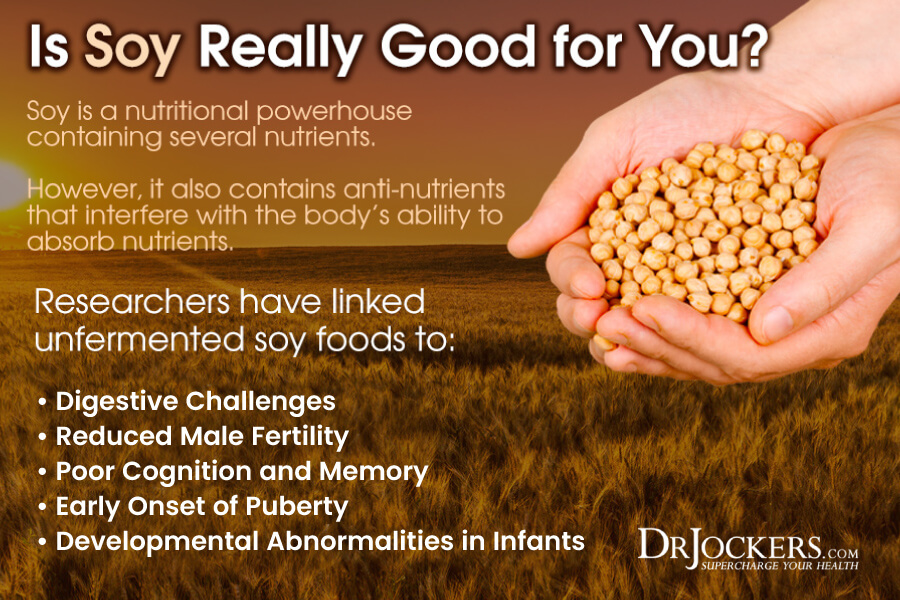
Unhealthy Fats
It is far too common to see that in an attempt to be healthier, people ditch fats like butter and coconut oil for things like canola or margarine. Processed and damaged fats like canola, safflower, sunflower, cottonseed, peanut and corn oils are incredibly inflammatory and damaging to the body.
These unhealthy fats are most commonly found in processed foods, condiments like salad dressings and mayonnaise and in prepared meals. Be careful to read labels and ask your waiter at restaurants what is in their oils and salad dressings. I usually end up bringing my own salad dressing as many restaurants do not have any good oils to use.
Healthy fats and cholesterol are vital for healthy hormones and these include coconut products, avocados, olives and olive oil, and organic pasture-raised animal products. Make these healthy fats the staple parts of your diet and include at least one of them in every meal you consume.
In fact, consuming a diet that is high in fat and low in carbs has been shown to be superior to a low calorie diet for lowering weight, improving cholesterol levels, and lowering inflammation in the body (9).

Alcohol
Alcohol consumption has several detrimental effects on the body that can disrupt hormones. Alcohol throws off blood sugar, inflames the gut, burdens the liver, and promotes a state of estrogen dominance.
Estrogen dominance is already a rampant issue in today’s society, with both men and women facing the consequences of having excess estrogen. You can read about some of the main factors involved in estrogen dominance in this article.
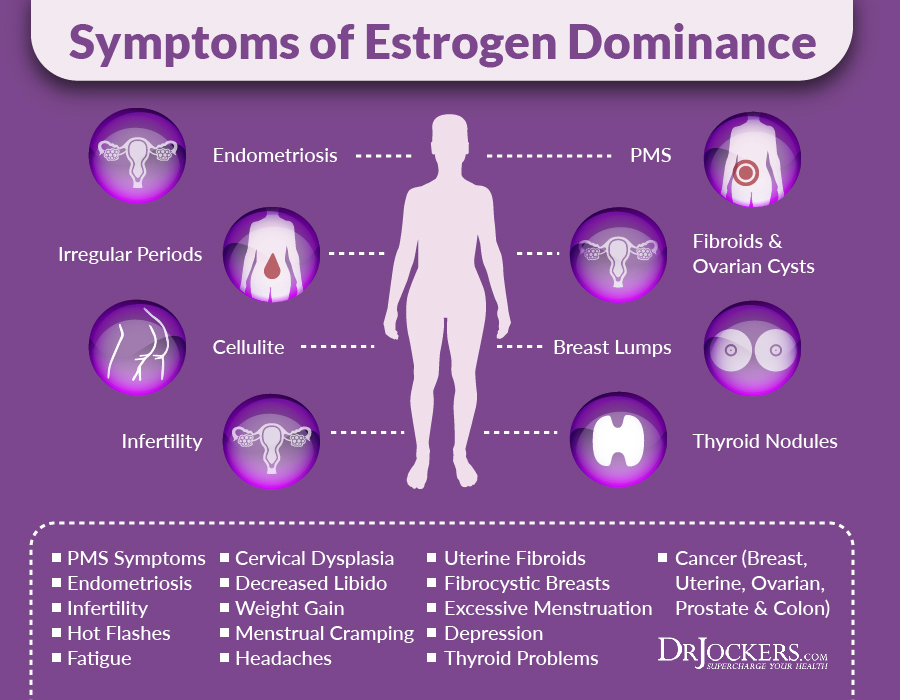
The Only Wine I Recommend
After doing a lot of research on alcohol and various drinks and their impact on the body, I have found that a truly dry farm wine (non-irrigated sourcing) that has 0 sugar and lower levels of alcohol can be really healthy when consumed in moderation. The antioxidant polyphenolic count is extremely high in this kind of wine and that improves gut and mitochondrial health and gives the liver a detoxification boost to handle the alcohol within the wine.
If you are not recovering from a substance abuse addiction, not pregnant or nursing and are a responsible age, I am a huge fan of an occasional, responsible glass of high quality Dry Farms Wine. You can read all about how to source and get the highest quality wine here
Conventional Meat and Dairy
Meat and dairy products that come from factory farmed animals is loaded with artificial hormones as well as xenoestrogenic compounds that throw off hormones. This is because artificial hormones are often used to speed growth of the animals while being raised in an unsanitary and inhumane environment filled with toxins.
On the other hand, meat and dairy products from pastured-raised animals can be a great source of healthy fats, conjugated linoleic acid, and butyrate to support hormones and fat-burning.
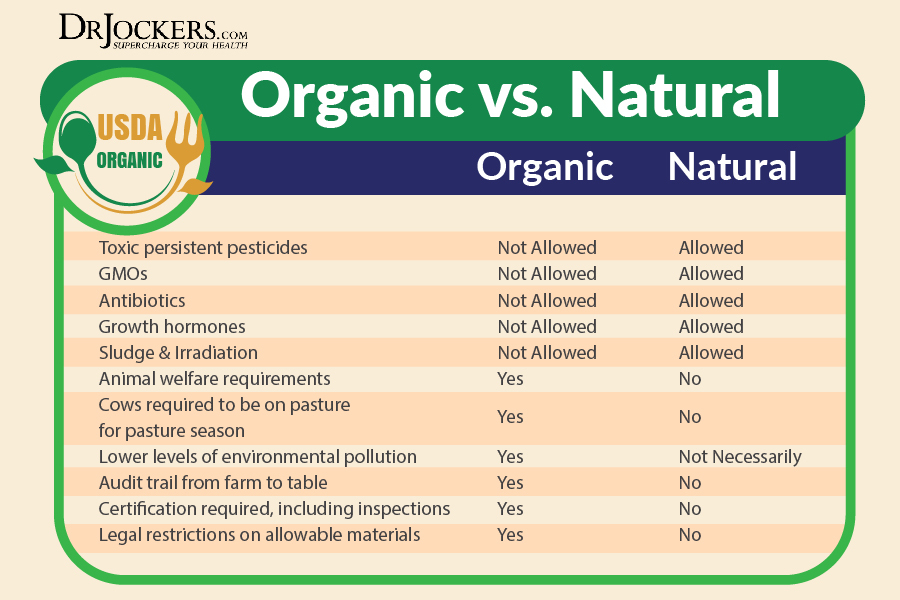
Foods to Balance Hormones
When it comes to taking the dietary steps to balance hormones, there are 4 things that must be focused on:
- Drinking plenty of clean water (reverse osmosis): between .5-1 oz. of water for every lb. of bodyweight you have. Be sure to drink only away from meal times to allow for optimal digestion.
- Plenty of healthy fats. Fats provide a great source of energy and provide raw materials for your body to make the hormones it needs. Training your body to be in a state of ketosis will turn your body into a fat burning machine that balances hormones naturally.
- Only consume meat and dairy from pasture-raised animals to avoid many of the toxins encountered with factory-raised animals.
- Consume plenty of antioxidant-rich and anti-estrogenic vegetables, herbs, and spices. Cruciferous vegetables are some of the best for this purpose. In fact, broccoli sprouts are one of the most powerful hormone balancing foods.
The image below displays an eating distribution that is designed for optimal hormone function.
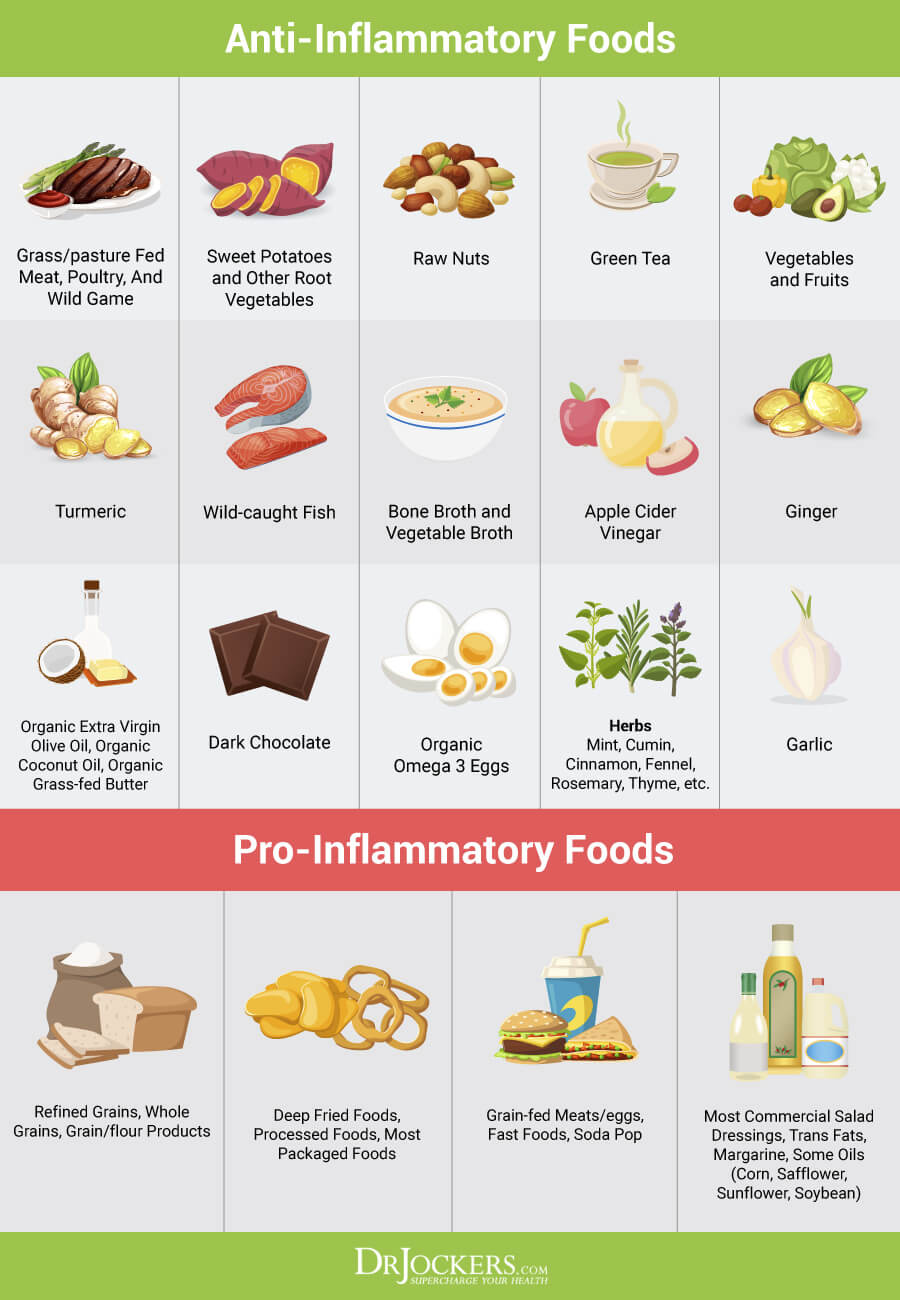
Lifestyle Tips for Healthy Hormones
While the foods you eat play a tremendously important role in your hormonal health, there are also daily lifestyle habits that may be equally important. Our hormones are very susceptible to the amount of toxins we are exposed too, the levels of stress we are under and our quality of sleep.
In addition, regular movement and exercise is so nourishing for our hormone function. Finally, be sure to pursue healthy relationships as good relationships help our physiology understand we are in a safe place and we can get back in balance.
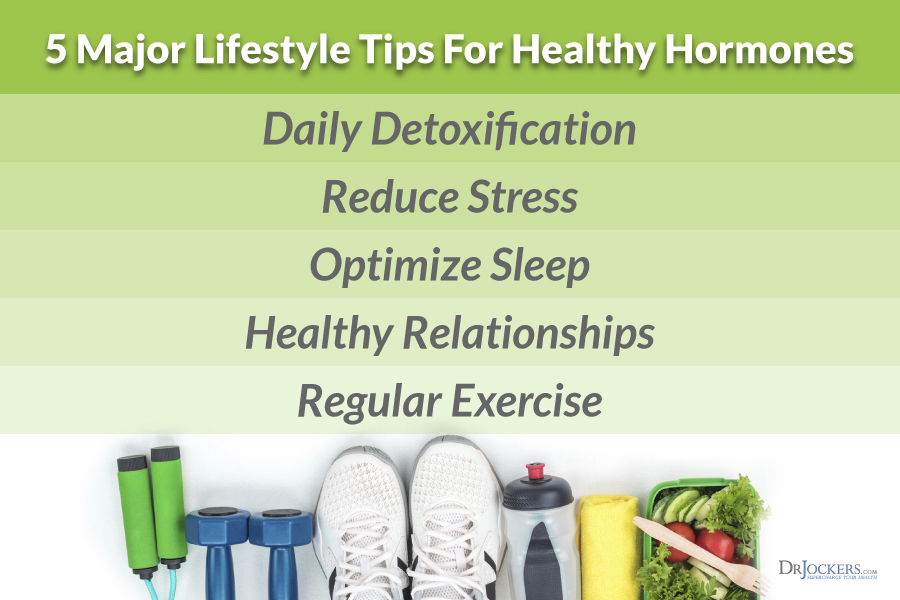
Daily Detoxification
As was discussed already, much of the hormonal issues encountered today can be attributed to toxin exposure. While following a healing diet can help to mitigate your exposure to many of these toxins, it is virtually impossible to avoid them altogether.
This is why it is important to support your body in detoxification on a daily basis. This means supporting liver health, flushing out the kidneys with super hydration, sweating on a regular basis, along with the rest of the strategies discussed in this article here: 10 Daily Detoxification Strategies.
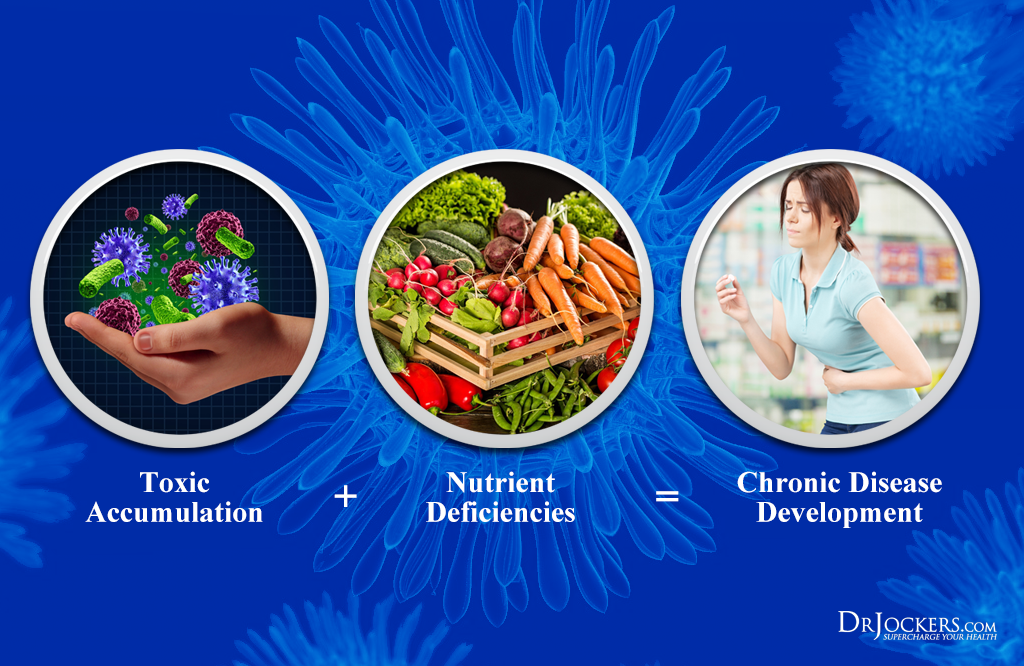
Reduce Stress for Healthy Hormones
Because of how cortisol is able to wreak havoc on sex hormones, it is important that you take the steps necessary to reduce stress and combat chronically elevated cortisol levels on a daily basis.
The number one way to improve your resilience to stress is to balance your blood sugar by following a healing diet full of healthy fats. Other powerful techniques include deep breathing exercises, grounding, sunlight, magnesium supplementation, and using adaptogenic herbs.
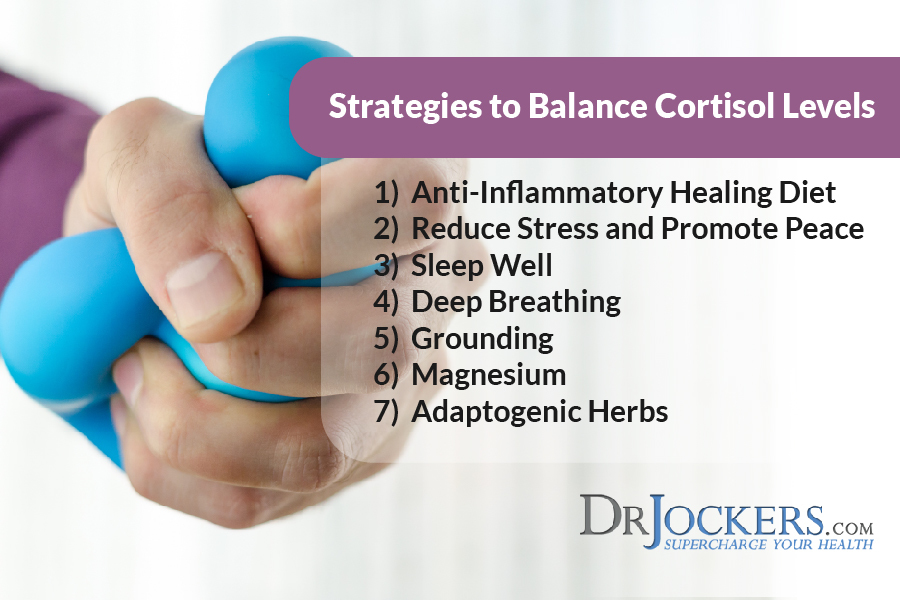
Optimize Sleep
The body runs in cycles. One of the most obvious is how we awake in the morning when the sun comes up and fall asleep at night when the sun goes down. When this rhythm gets thrown off, there are vast consequences that many people don’t realize. Poor sleep throws off blood sugar, drives up inflammation, increases cortisol secretion during the day, and ultimately throws off hormones as well.
Making sure you are getting the best sleep possible is extremely important for healthy hormones. The strategies illustrated below will be the most effective ways of improving your sleep. Here is a helpful article on action steps to take to improve your sleep quality.
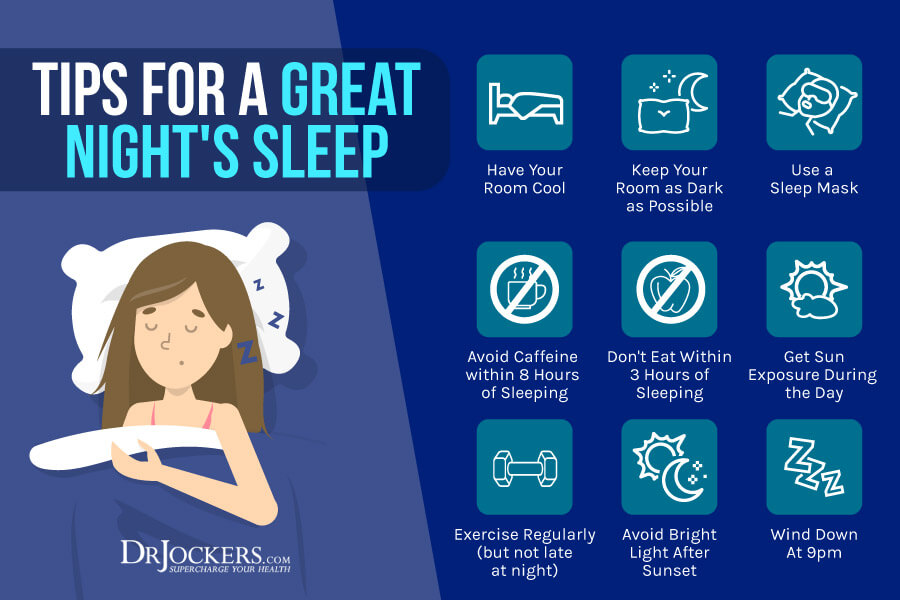
Healthy Relationships
While this could technically go under reduce stress, it is important that you engage in social interactions that allow you to laugh and communicate openly. Being surrounded by people that respect and honor your mission in life can be extremely important in determining your daily wellbeing.
If you are constantly engaging in interactions that leave you feeling drained then you are likely driving up cortisol and throwing off your hormones as well.

Exercise and Movement
Finally, exercising on a regular basis is critical for healthy hormones. Particularly short-duration, high-intensity exercise that uses large muscle groups 2-4 times a week is excellent for this.
This can come in the form of High-Intensity Interval Training (HIIT), Tabata, sprints, or weight lifting exercises. In addition, get regular daily movement is just as important. Look to take walks around the block or at a local park if the weather permits. If not, go up and down the stairs at your home or do some air squats and move around your home as much as you can.
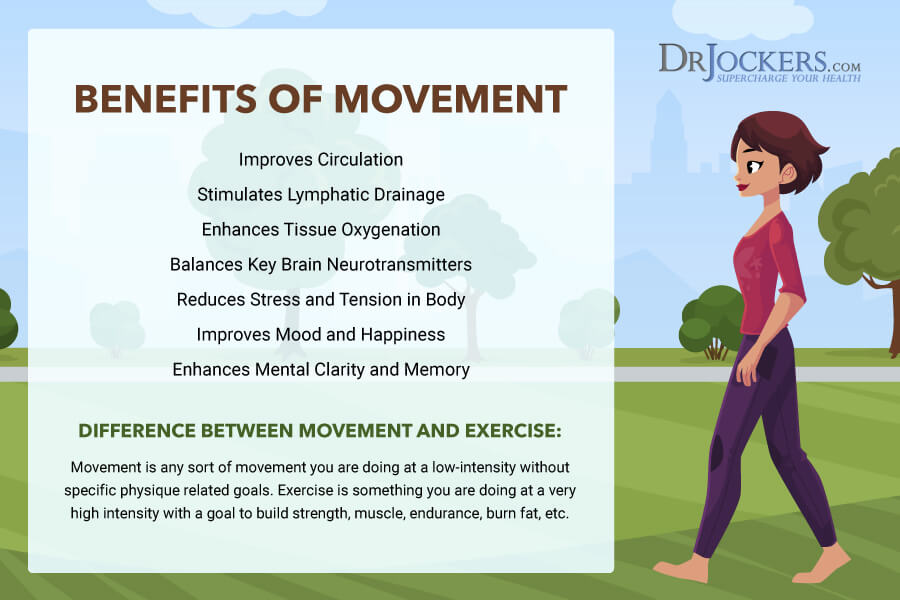
Conclusion
Hormones affect every aspect of your health. They can govern your energy levels, your mental acuity, and even drive to engage in social interactions. As you take the steps necessary to improve your hormonal health, you will notice extended benefits into many areas of your life.
This starts with eliminating certain problematic foods in your diet while replacing them with healthier choices. If you are looking for more information on this topic, you may be interested in my advanced nutrition and recipe book the Keto Metabolic Breakthrough.
Sources for this Article Include:
1. Ryan, K. K., & Seeley, R. J. (2013). Food as a hormone. Science. PMID: 23430646
2. Ebbeling, C. B., Leidig, M. M., Feldman, H. A., Lovesky, M. M., & Ludwig, D. S. (2007). Effects of a low-glycemic load vs low-fat diet in obese young adults: A randomized trial. Journal of the American Medical Association, 297(19), 2092–2102. PMID: 17507345
3. Chaput, J.-P., Tremblay, A., Rimm, E. B., Bouchard, C., & Ludwig, D. S. (2008). A novel interaction between dietary composition and insulin secretion: effects on weight gain in the Quebec Family Study. The American Journal of Clinical Nutrition, 87(2), 303–9. PMID: 18258618
4. Dalal, P., & Agarwal, M. (2015). Postmenopausal syndrome. Indian Journal of Psychiatry, 57(6), 222. PMID: 25082954
5. Vahter, M., Berglund, M., & Åkesson, A. (2004). Toxic metals and the menopause. Journal of the British Menopause Society. PMID: 15207026
6. Sakson-Obada, O., & Wycisk, J. (2015). The body self and the frequency, intensity and acceptance of menopausal symptoms. Przeglad Menopauzalny, 14(2), 82–89. PMID: 26327894
7. Ranabir, S., & Reetu, K. (2011). Stress and hormones. Indian Journal of Endocrinology and Metabolism, 15(1), 18. PMID: 21584161
8. Levis, S., & Griebeler, M. L. (2010). The role of soy foods in the treatment of menopausal symptoms. The Journal of Nutrition, 140(12), 2318S–2321S. PMID: 21047930
9. Steckhan, N., Hohmann, C.-D., Kessler, C., Dobos, G., Michalsen, A., & Cramer, H. (2016). Effects of different dietary approaches on inflammatory markers in patients with metabolic syndrome: A systematic review and meta-analysis. Nutrition, 32(3), 338–348. PMID: 26706026
This Article Was Written By Our Guest:
Vineetha Reddy
 Being a regular practitioner and adviser of everything related to nutrition, fitness, health, and wellness, I also have begun to write and contribute to this knowledge ecosystem on sites like StyleCraze.com. I strongly believe that the ingredients you find in your pantry provide the best benefits for good health. Follow me for my best ideas and solutions
Being a regular practitioner and adviser of everything related to nutrition, fitness, health, and wellness, I also have begun to write and contribute to this knowledge ecosystem on sites like StyleCraze.com. I strongly believe that the ingredients you find in your pantry provide the best benefits for good health. Follow me for my best ideas and solutions
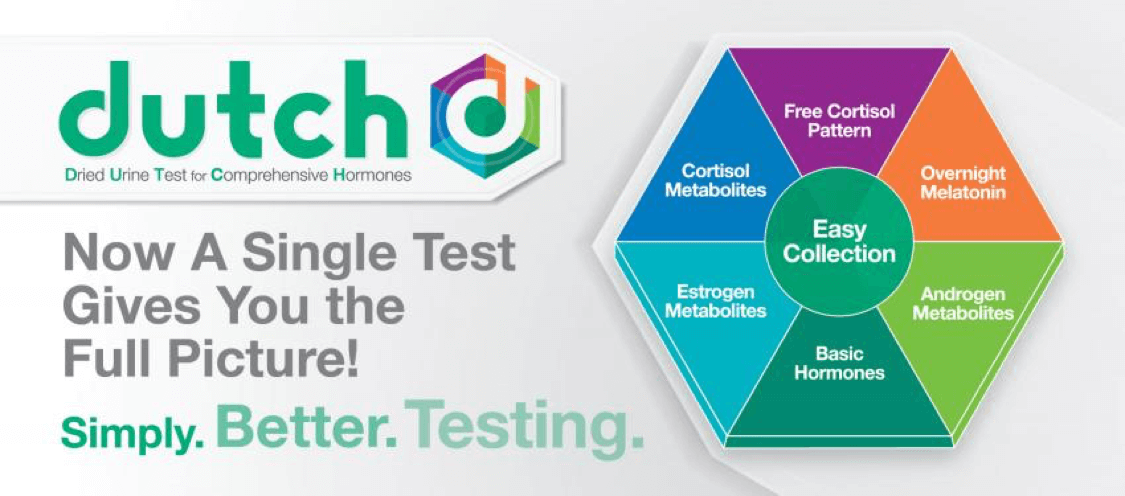
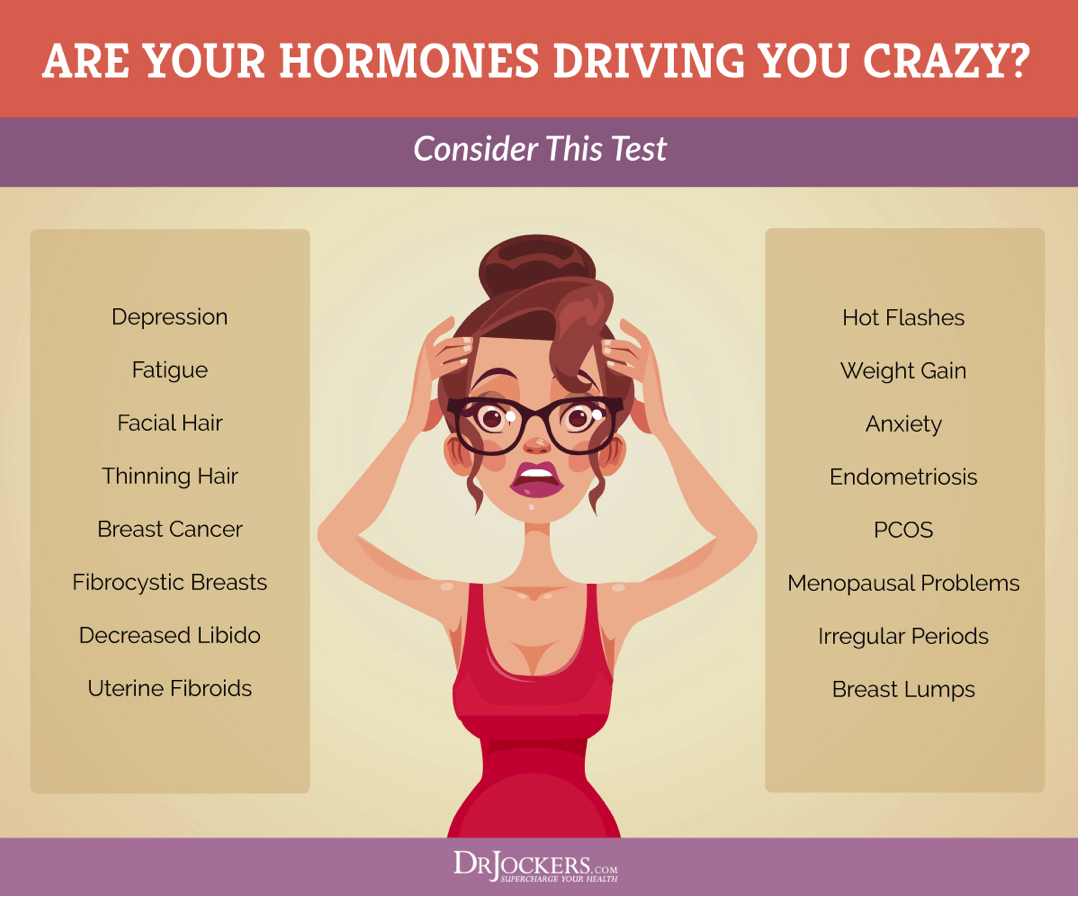

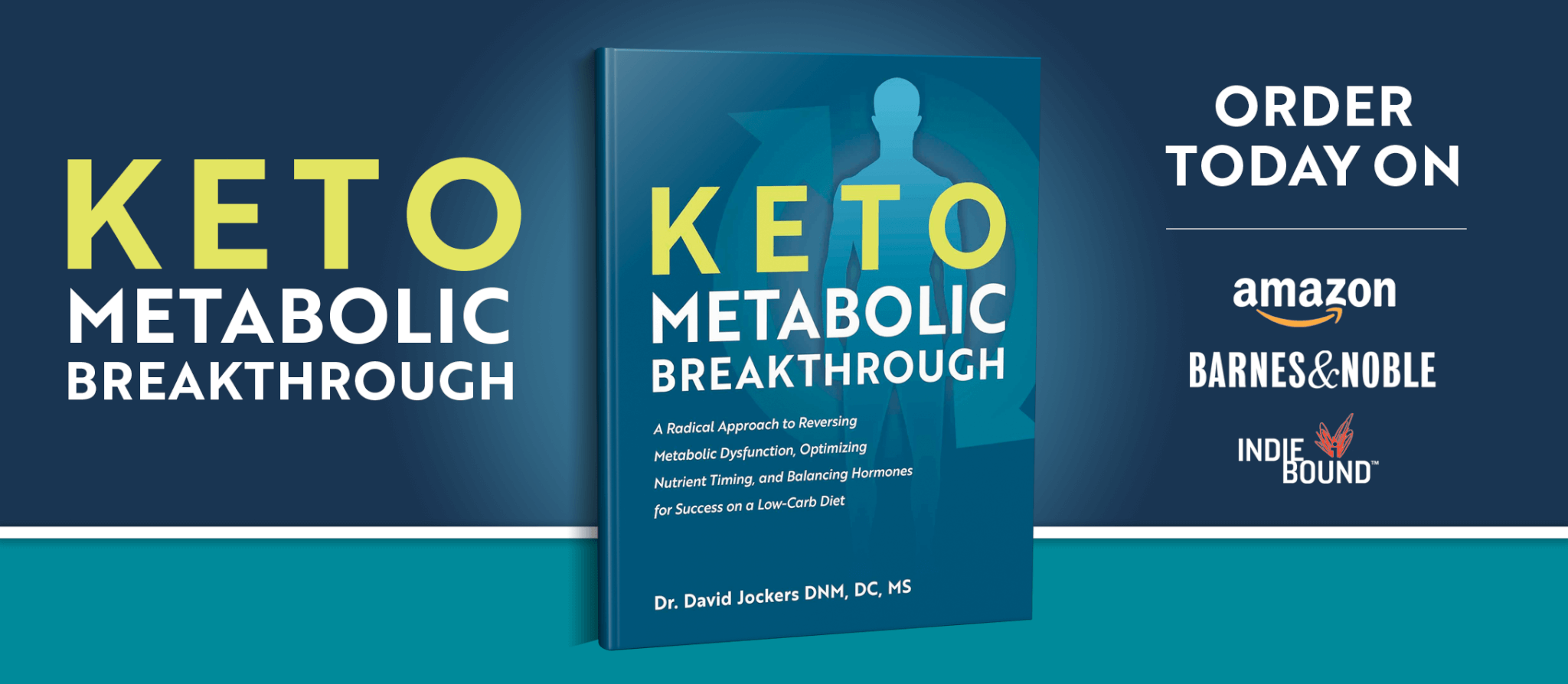



If it is organic and BPA can, are canned tomatoes still very harmful?
Probably not as bad Kyle, or glass jars even better!
There are no glass jar,salt free, organic tomatoes, to my knowledge…unless someone cans them..a lost art to me. What to do?
The key is to get them in glass.
BPA free (I meant to say)
So you think you’re avoiding disease by choosing healthy organic foods, right? This is madness happening right under our noses. There is soon going to be no safe healthy food to eat. We must do something to stop these perpetrators of toxic assaults on humanity. Check this out: https://www.greenmedinfo.com/blog/hidden-biopesticide-your-produce
Since when is palm oil good for anything? And when and why did sunflower oil become a problem?
Sunflower oil is high in inflammatory omega 6 fatty acids and palm oil is rich in stearic acid which is a major fuel source for the heart.